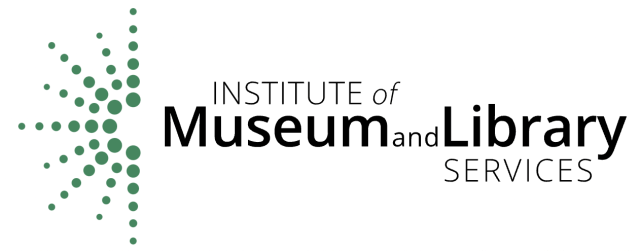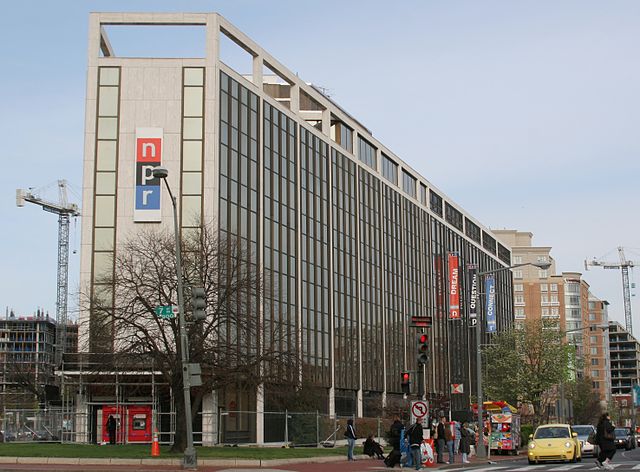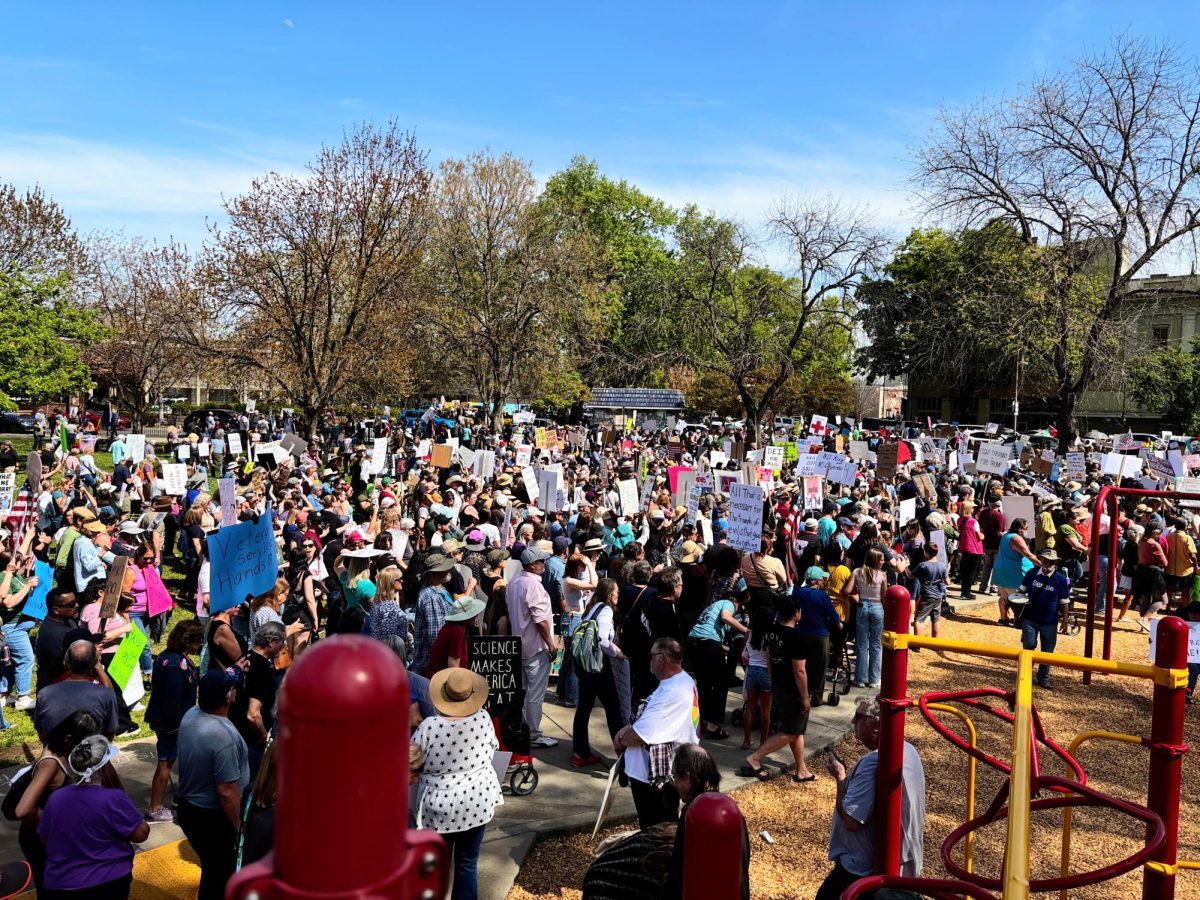Early onset (aged 15-49) cancer rates, particularly among women, have spiked within the last decade.
According to the National Cancer Institute, 351,120 young women were diagnosed with a form of cancer between 2010 and 2019. This represents a 4.35% increase per year. The question that’s yet to be answered, is why?
One theory is that there’s simply been a rise in the number of cancer screenings done yearly, resulting in a rise in diagnosis. Social media has made advocating for precautionary screening easier for organizations, and testing more accessible. Online platforms have allowed for personal experiences to be shared, and their reach has become wider than previously imagined. These stories have the possibility of inspiring others to take preventative action and participate in screening.
A research team with the Harvard Gazette attributes rising cancer rates to something more; exposome. Exposome refers to an individual’s environmental exposures, lifestyle, weight, diet, and microbiome. They claim this has “changed substantially” within the last decade, and plays a key role in the increase of diagnoses. These factors include the consumption of highly processed foods, absence of daily exercise, preadolescent sleep deprivation, and alcohol consumption. The same report acknowledges the utilization of cancer screening and the diagnosed cases that do come from it, but say the change in numbers is “highly unlikely due to enhanced screening alone.”
Regardless of the cause, the probability of developing cancer at a young age is changing, and not for the better. As of May 2023, the USPSTF (United States Preventive Services Task Force) advises women to begin precautionary cancer testing at age 40, as opposed to the previously recommended age of 50. The updated guidelines recommend these screenings to be performed every other year.
The Enloe Medical Center in Chico will be opening a comprehensive cancer unit by 2025. The branch will provide cancer care from the beginning to end; screening to treatment. Until then, the National Breast and Cervical Cancer Early Detection Program provides cancer screenings to low income and uninsured women, and has an online search program that makes it easy to find a center near you.





